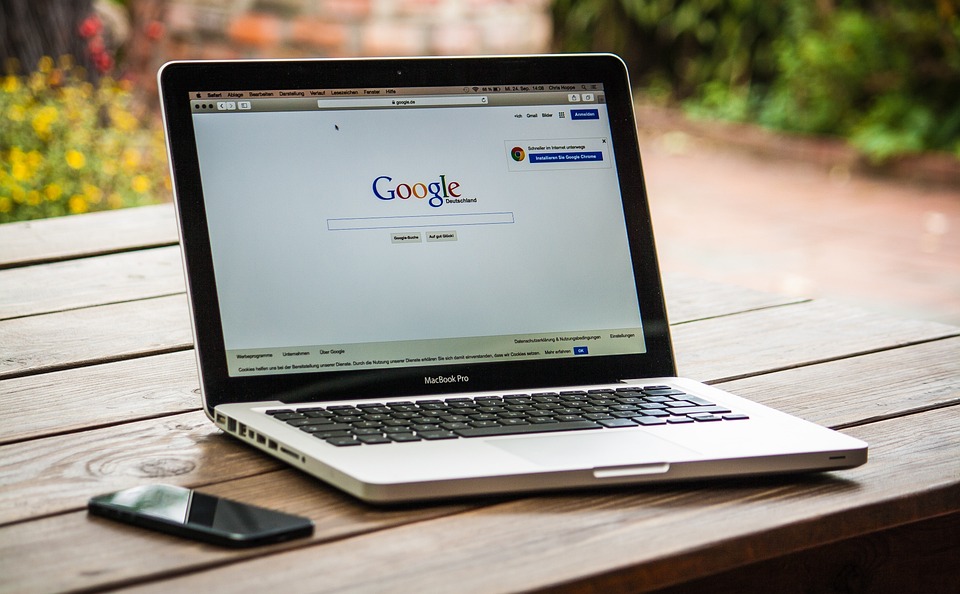
On-Page seo Meaning
When it comes to optimizing your website for search engines, on-page seo plays a crucial role. It refers to the practice of optimizing individual web pages to rank higher and attract organic traffic. On-page seo is essential for improving your website’s visibility and ensuring that search engines understand its content.
The Importance of On-Page seo
On-page seo is crucial for several reasons:
- Search Engine Visibility: Optimizing your website’s on-page elements helps search engines understand your content better and improve its visibility in search results.
- User Experience: By optimizing your on-page elements such as titles, headings, and meta tags, you enhance the overall user experience, making your site more attractive and engaging.
- Targeted traffic: Effective on-page seo ensures that your website appears for relevant search queries, attracting targeted traffic that is more likely to convert into customers.
- Ranking Improvement: When search engines understand the relevancy and quality of your web pages, they are more likely to rank them higher in search results, increasing your website’s visibility and credibility.
Key On-Page seo Factors
To optimize your website’s on-page elements effectively, consider the following factors:
- Optimized URLs: Ensure your URLs are concise, descriptive, and include relevant keywords. A well-structured URL helps search engines and users understand the page’s content.
- Title Tag: The title tag appears in search engine results and browser tabs. It should accurately describe your page’s content and include relevant keywords.
- Meta Description: This summary appears below the title tag in search results. A compelling and relevant meta description can significantly improve click-through rates.
- Headings: Use
<h1>,<h2>,<h3>, etc., tags to structure your content and provide clarity. Incorporate relevant keywords in your headings to improve seo. - Keyword Optimization: Include relevant keywords naturally in your content, headings, subheadings, and meta tags. However, avoid keyword stuffing, as it can lead to penalties from search engines.
- Quality Content: Create unique, informative, and engaging content that provides value to your visitors. Well-written content tends to attract more attention and generate organic backlinks.
- Image Optimization: Optimize your images by using relevant filenames, alt tags, and compressing them to improve page load speed. This helps search engines understand your images and enhances the user experience.
- Internal Linking: Link relevant pages within your website to improve navigation, distribute authority, and help search engines discover and index your content more efficiently.
- Mobile Responsiveness: With mobile usage skyrocketing, having a responsive website design is essential. Ensure your web pages are optimized for mobile devices to provide a seamless user experience.
Conclusion
On-page seo is a critical aspect of optimizing your website for search engines. By optimizing various elements such as URLs, title tags, headings, and content, you can enhance your website’s visibility, attract targeted traffic, and improve your chances of ranking higher in search engine results. Through effective on-page seo strategies, Backlink Works can significantly boost your website’s online presence and help you achieve your digital marketing goals.
FAQs
1. What is the difference between on-page and off-page seo?
On-page seo refers to strategies and optimizations made within the website itself, such as optimizing content and meta tags. Off-page seo refers to techniques used outside the website, like building backlinks and social media promotion.
2. How long does it take to see the results of on-page seo?
The timeframe for seeing results from on-page seo can vary based on various factors, such as the competitiveness of keywords, the quality of optimizations, and your website’s authority. Generally, it can take a few weeks to several months to see noticeable improvements.
3. Can I perform on-page seo myself?
Absolutely! On-page seo is something you can learn and implement yourself. By following best practices, optimizing your content, and utilizing relevant keywords, you can effectively improve your website’s on-page elements.
4. Is on-page seo more important than off-page seo?
Both on-page and off-page seo are crucial for a comprehensive optimization strategy. While on-page seo focuses on optimizing your website’s pages, off-page seo complements it by building authority, generating backlinks, and driving traffic from external sources. Both work hand-in-hand to improve your website’s visibility and rankings.
5. How often should I update my on-page seo elements?
Regularly reviewing and updating your on-page seo elements is recommended, especially when publishing new content or making significant changes to your website. Continuous optimization ensures that your website remains relevant and search engine-friendly.





